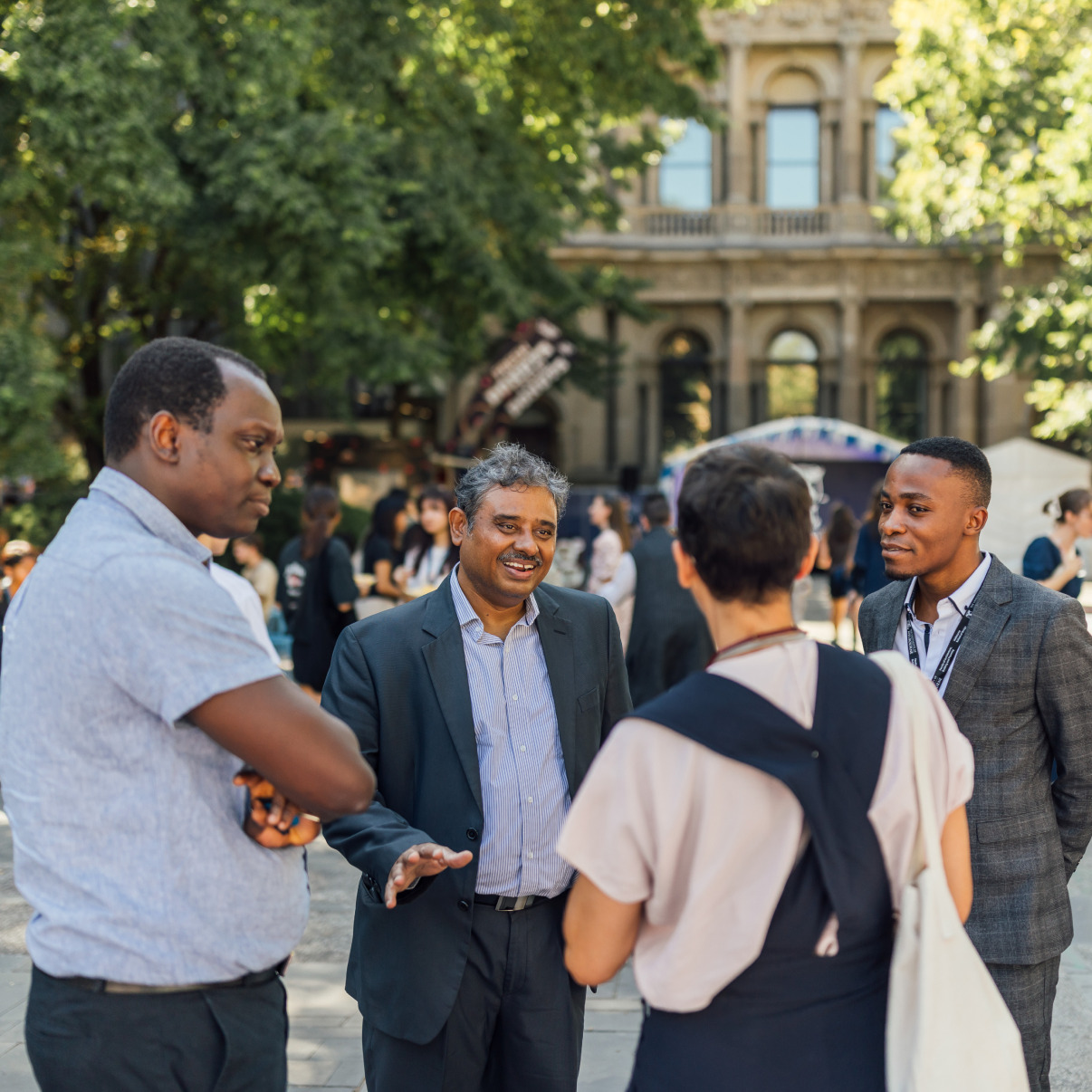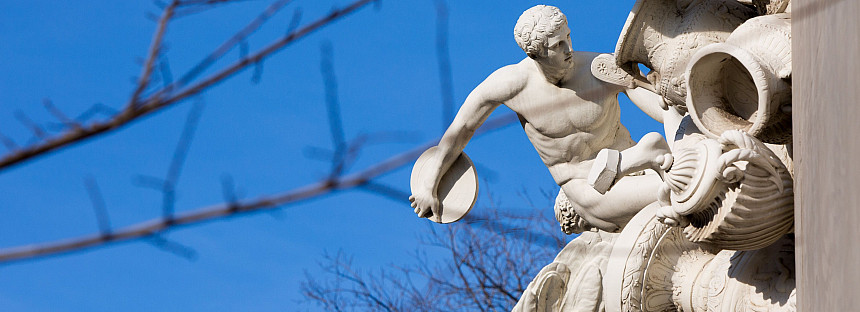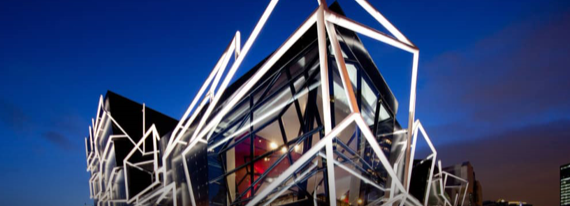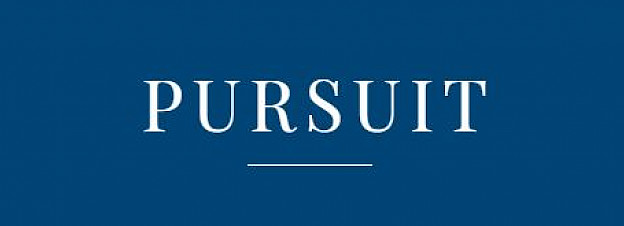
University of Melbourne Events Calendar
Featured events
Wominjeka 2025
Mar
13
12:00pm - 1:30pm
Performance
Wominjeka, Wurundjeri Woi-wurrung for welcome or ‘come, with purpose’, is a key event in the University’s calendar that signifies the start of the academic year. Wominjeka acknowledges the Wur...
Conventional and unconventional natural gas - Melbourne Energy Institute seminar series #1
Mar
13
2:00pm - 3:00pm
Public Lecture
MEI Seminar Series #1 - Conventional and unconventional natural gasThursday 13 March 2025, 2.00-3.00pm About We invite you to the first seminar in our MEI Seminar Series for 2025, presented by St...



